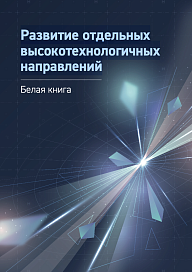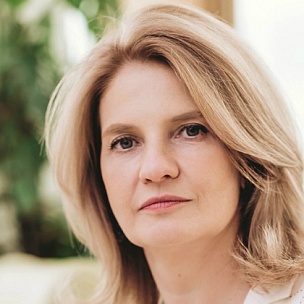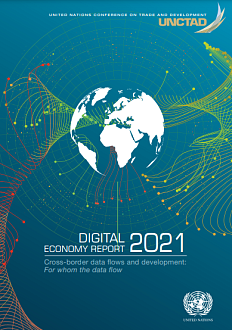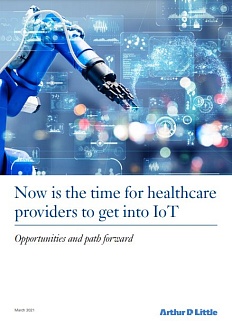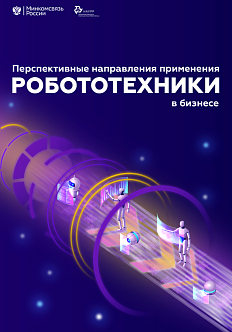The publication by the National Research University Higher School of Economics (HSE University) contains a detailed analysis of the development of high technologies in the Russian Federation.
The Roscongress Foundation presents the salient points of the publication accompanied by fragments of broadcasts of relevant panel discussions from the business programme of international events held by the Roscongress Foundation.
One of Russia’s objectives is to become a leader in the global technology market.
In 2019, the President of the Russian Federation entrusted the Government with the task of attaining a leading position in the high technologies market. Accordingly, the Government selected 16 high-tech areas and signed several agreements with state corporations and companies with state participation. Agreements are the primary planning and management instrument in technological development. They are implemented through a comprehensive action plan which combines the most effective initiatives and development projects in a high-tech area into a single cycle. The plan comprises a wide range of measures such as providing a favourable legal regime, developing key technologies, and accelerating the introduction of relevant products and services and their promotion in external markets.
The White Book opens a series of annual reports about the development of high-tech areas.
The White Book was prepared by the Higher School of Economics together with the Ministry of Economic Development of Russia, relevant agencies, and leading companies. It is the first in a planned series of annual analytical reports about the development of high-tech sectors in Russia. It covers ten areas: artificial intelligence; Internet of Things; mobile communication networks of the fifth generation (5G); quantum computing; quantum communications; distributed ledger technologies; technologies for power transmission and distributed intelligent power systems; technologies for creating electric power storage systems, including portable ones; technologies of new materials and substances; advanced space systems.
Modern technologies are inextricably intertwined.
All the technologies studied in the White Book are rapidly developing on a global scale, which is evidenced by increasing investment volumes, growing number of scientific papers and patents, booming production, and fast penetration of high technologies into a widening range of industries. They are the flagships of technological development and transformation, both of the economy and the society.
High-tech areas are closely intertwined, they can’t be viewed individually (a good example is the Artificial Intelligence — 5G — Internet of Things triad). Global experience shows that disruptive initiatives are only successful when they are systemic, i.e. when they are implemented within open ecosystems such as consortiums, technological alliances, platforms, clusters, etc. In future, the convergence of technologies will only increase, with open architectures, interfaces, and standards which ensure interoperability of solutions offered by various players assuming great importance.
Clearly, technologies differ in their development speed and require different financing and management approaches. This results in a necessity to fine-tune and interlink the instruments of state support for each of high-tech areas. Experts say that smart technologies require «smart and flexible management».
Gain more insights about innovation and technologies in the IT industry, Artificial Intelligence, AI, and Internet of Things, IoT sections of the Roscongress Information and Analytical System.


